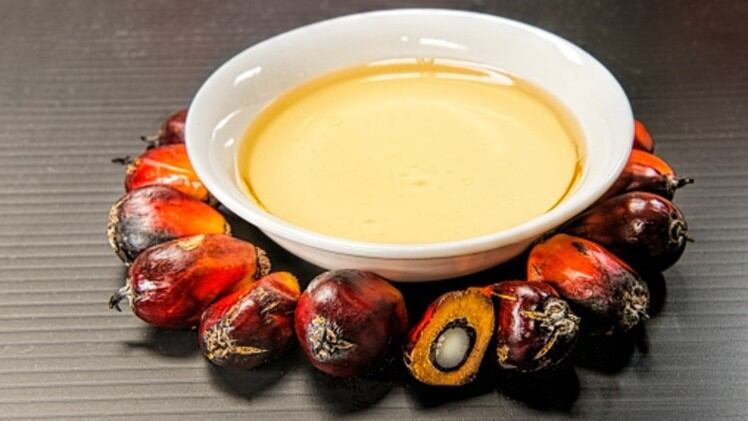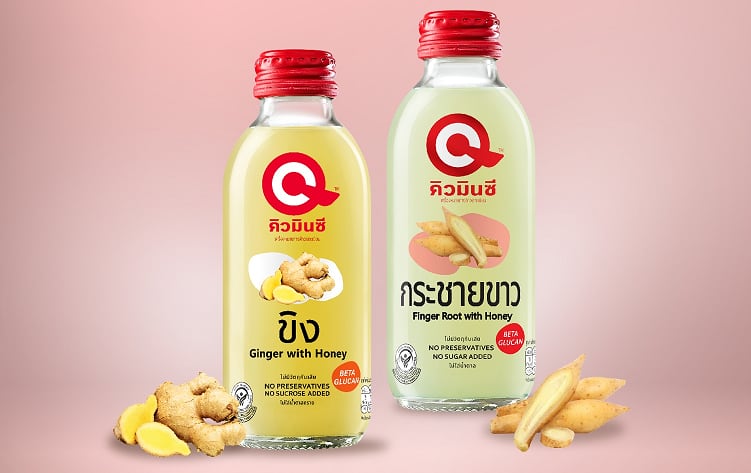Freeze in the Middle East! Major opportunities for frozen snacks growth if cold chain challenges can be met
The Middle East has emerged as a prime location for growth of the frozen snacks sector due to its climate and rising consumer demand, but innovation is needed to overcome longstanding cold chain challenges.
With climate change, temperatures in the region are soaring even higher – the summer of 2021 saw Iran hit 51°C, Iraq hit 51.5°C and Kuwait hit 53.2°C. The United Arab Emirates (UAE), Saudi Arabia and Oman all recorded temperatures well over 50°C as well – and worse yet, scientists have stated that the Middle East is warming at twice the global average, and will be an additional 4°C warmer by 2050.
With this extreme heat reaching near-unbearable levels, it is not surprising that more and more consumers in this region are seeking out cold food and beverage product options to cool themselves down – a major opportunity for manufacturers of frozen food and beverage products to capitalise on.
“Our home base is India, but based on my 16 years of experience in the export industry, I can say without a doubt that the Middle East will be a massive market [for frozen snacks] like ours,” Indian ice popsicle brand Skippi’s CEO and Co-Founder Ravi Kabra told FoodNavigator-Asia.
‘Butterfly effect’: Palm oil sector needs to highlight ‘future’ strategies to conquer Middle East markets
The palm oil sector will need to emphasise how its current sustainability and development strategies are also ‘future-oriented’ beyond standards and certifications if it is to successfully penetrate new markets in the Middle East.
Since as early as 2021 and especially after the European Union approved its Green Deal policy, the palm oil sector has switched its focus to expanding its export markets. Malaysia in particular has made no secret about its aims to conquer the Middle Eastern region as a major new export market, and has been rigorously stressing the health benefits of palm oil in order to do this.
However, sustainability has risen to become a major policy agenda for many major markets in the region, such as Saudi Arabia with its Vision 2030 which has plans to generate 58.7 Gwatts of renewable energy, and the UAE’s Abu Dhabi Environment Vision 2030 to combat climate change, air pollution, water and waste management and more.
“The first thing is that these palm oil sustainability policies must be made clear and transparent to the public, whether they are by Malaysia or Indonesia or other palm oil producing nations,” Professor Ibrahim Ozdemir, Dean at Turkey’s Uskudar University, told a global audience at the recently-concluded Dubai Expo 2020.
Beyond pea and soy: Asia’s foodtech space awash with novel plant-based proteins – experts
Asia’s foodtech start-ups are increasingly innovating beyond soy and pea in the plant-based space, with several firms catching the eye of regional experts. The first generation of plant-based alternative proteins (before 2020) usually utilises protein blends of pea and soy.
However, the next-gen start-ups of today are open to using novel ingredients and formulations, says industry experts Isabelle Decitre and Vandana Dhaul of ID Capital.
Decitre identified the Middle East as an emerging player in the sector, with excited founders and new kinds of agtech innovations for novel ingredient and its processing.
Barberry consumption helps alleviate cardiovascular risk factors in susceptible individuals – RCT
The consumption of purple-black barberry powder, specifically Berberis integerrima, may help reduce cardiovascular risk factors, according to a new eight-week RCT.
The study discovered that consumption could help improve lipid profiles and systemic inflammation.
In the RCT, researchers examined plasma lipids and inflammatory markers in 78 subjects aged 20 to 65 years old with cardiovascular disease (CVD) risk factors.
The subjects, who had histories of hypertension and one other CVD risk factor such as diabetes and hyperlipidaemia, were recruited from research hospital Rajaei Cardiovascular, Medical, and Research Center, in Tehran, Iran.
Baladna acquires stake in Egypt’s Juhayna Food Industries
Baladna, a Qatar Public Shareholding Company, has acquired a 5% stake in the Egyptian company Juhayna Food Industries Company, which is listed on the Egyptian Stock Exchange, through several purchases of shares from the market.
Juhayna Food Industries is an Egyptian company specializing in the production, processing and packaging of dairy, juice, and cooking products. Since its inception in 1983 it has expanded its presence in the Middle East.
In a statement published on the Qatar Stock Exchange website, Baladna said the number of shares acquired amounted to about 47.117m, with a total investment of about QR67.085m ($18.4m).
Baladna said it is looking to enter the Egyptian market, which is large and promising for the food and beverage sector with a population of more than 100m people.
Juhayna is expected to achieve greater returns in light of the expected market growth and the availability of a strong distribution network.





